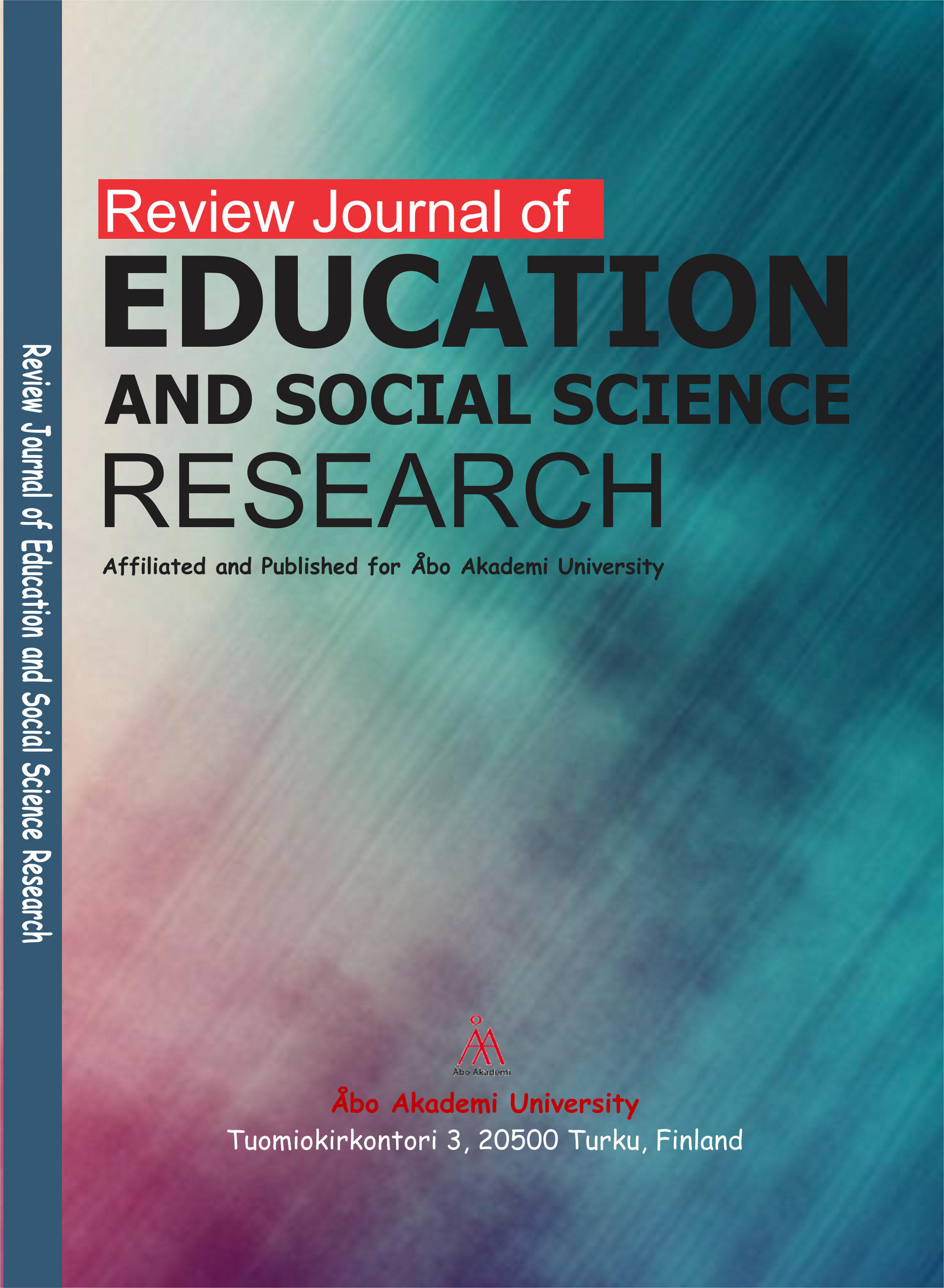Review Journal of Education and Social Science Research (RJESSR)
An Analysis of Reforms and Trends in the National Healthcare System of North Macedonia during the Transition Period
E-ISSN: 2437-3594
P-ISSN: 2447-6546
DOI: https://iigdpublishers.com/article/622
This research provides an analysis of the healthcare system in North Macedonia aiming to address the results of reforms, current functioning of the system and analyze the trends whilst reforming some segments of the system with particular focus in the last two decades. HealthCare System, since the country’s independence has been subject of many reforms that have brought various changes in terms of organization and governance and most importantly, in the delivery of health services and accessibility for the citizens. There is a dominance of public healthcare services and institutions but private institutions have quietly increased in the last two decades. One relevant and most emerging problems of current healthcare system may refer to a lack of accessibility of healthcare services for all citizens, which automatically leads to the social exclusion problem for some categories (i.e. Roma community; rural population, etc.). From a methodological aspect, the research makes use of different public policy documents by focusing in the following phases of healthcare system development: post socialist (1991-1998), pro-market (1998-2006) and manifestodriven (2006-nowadays). In addition, it provides empirical evidence in the form of a survey conducted with various interest groups nationwide assessing their ideological preferences regarding the healthcare system: functioning, financing, etc. The findings of this study show that regardless many improvements that the reforms have produced, still the country’s healthcare system remains qualitatively far away compared to European countries. According to the perceptions of interest groups seems that there is a tendency of increased commercialization of health services nationwide, which from a socio-economic aspect, leads to potential social exclusion for some categories in terms of access to qualitative services.
Elisabeta Bajrami Ollogu, Daniel Pavlovski & Urime Demiri Shaipi
Audibert, M., Mathonnat, ., De Roodenbeke, E. (2003). Evolution and new perspectives of health care financing in developing countries. Sant October-December; 13 (4): pg. 209-14.
Bornarova, S. (2019). EUROPEAN TRENDS IN SOCIAL SERVICES‘ SYSTEMS towards Marketization, User-involvement and Professionalization. FACULTÉ DE PHILOSOPHIE SKOPJE, pp. 425 – 434.
Cook, K. (2012). Neoliberalism, welfare policy and health: A qualitative meta-synthesis of single parents' experience of the transition from welfare to work. Health, 16, 507– 530.
Dimkovski, Vladimir & Mosca, Ilaria. (2021). Can people afford to pay for health care? New evidence on financial protection in North Macedonia: summary. World Health Organization. Regional Office for Europe. Available at: https://apps.who.int/iris/handle/10665/349296. (Accessed 10 April 2023).
Gerovska-Mitev, M., & Miovska-Spasevska,S., & Gjorgjev, D. (2007), Policy Priorities for Social Inclusion in Macedonia. Available at: https://library.fes.de/pdf-files/bueros/skopje/05322.pdf (Accessed, November 2022
